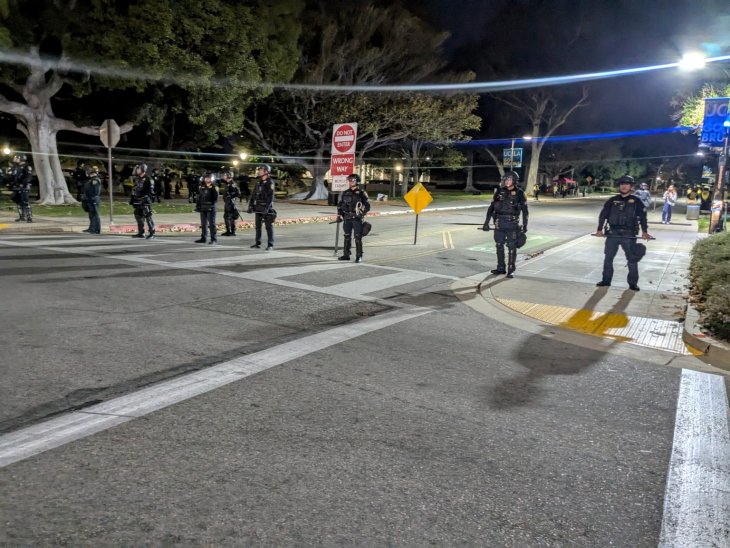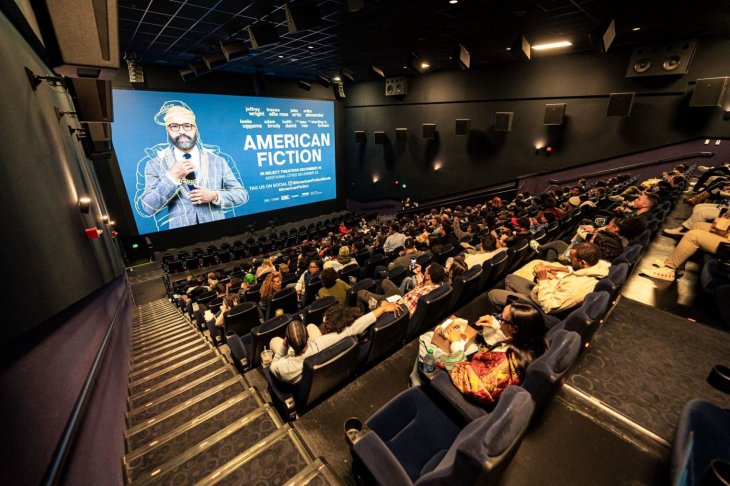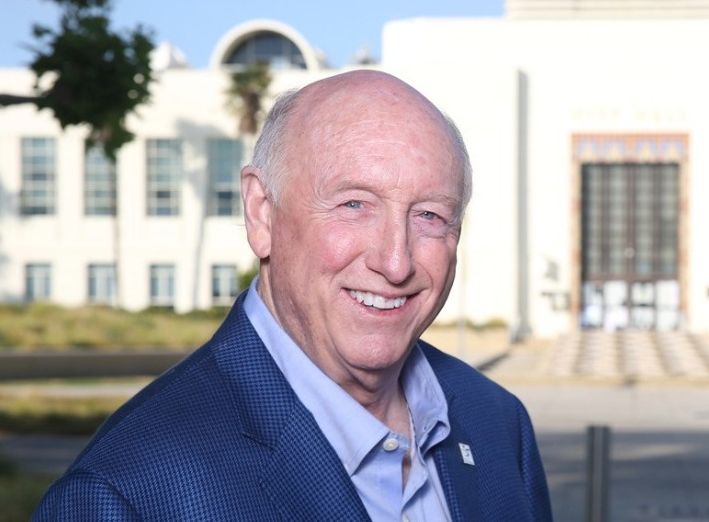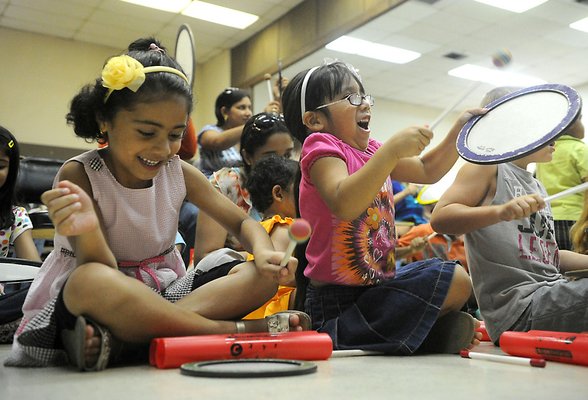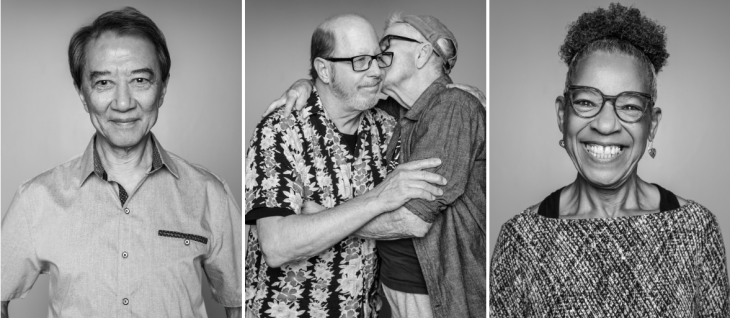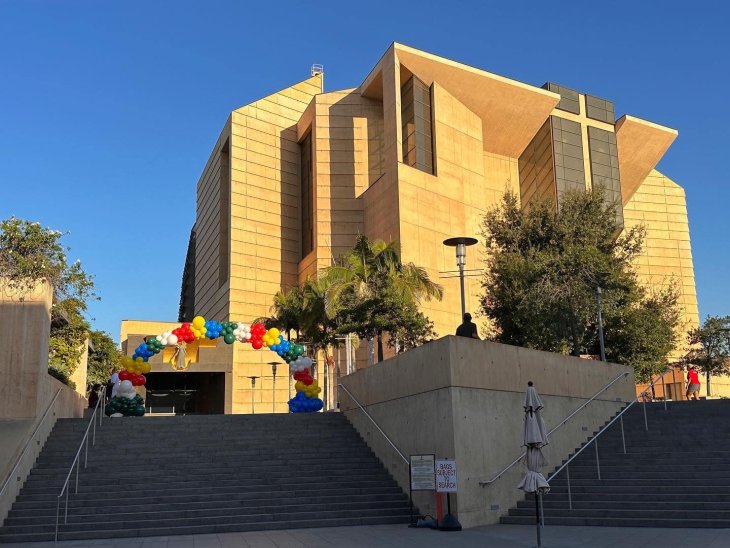
BY MATTHEW S. BAJKO | As more and more LGBT seniors are living out of the closet, the issues they are confronting during their golden years are receiving increased attention from researchers who study aging.
Thus, at this year’s annual conference held by the Gerontological Society of America, a record number of presentations and posters were presented that dealt with LGBT aging.
Topics ranged from social isolation and mental distress faced by LGBT seniors to weight issues among lesbian and bisexual senior women and how gay men and their families access end-of-life services. While not always specific to LGBT seniors living with HIV, many panels also discussed various aspects of aging with HIV or AIDS.
“It is really important to be raising LGBT issues in the professional community. It gives voice to those issues in the larger scheme of aging issues,” said conference attendee Mark Brennan-Ing,Ph.D., director for research and evaluation at Acria, which is based in New York. “It gives you a seat at the table to affect issues in aging.”
Just as the number of older adults in America continues to climb, so too does the population of LGBT seniors. Yet because many health surveys do not include questions about sexual orientation or gender identity, the true size of America’s LGBT senior population remains unknown.
The U.S. Administration on Aging has estimated the number of LGBT seniors age 60 and older to be anywhere between 1.75 million to 4 million. California is estimated to have 215,000 LGB people age 55 and older. (There is no statewide data for the transgender senior population.)
There are nearly 65,000 LGBT residents 60 years of age or older living in Los Angeles, according to the Los Angeles LGBT Center. Nationwide, the population of LGBT seniors is projected to double by 2030.
It is believed that the first LGBT-specific symposium at a GSA convention was held in 2002, a year prior to the formation of the LGBT-focused Rainbow Research Group. At this year’s confab there were three LGBT-specific symposiums and five others that included LGBT-centered research presentations. In addition, there were 19 LGBT-specific posters on research studies presented during the conference.
The increasing inclusion of LGBT aging research points to the “immeasurable change” Brian de Vries, a gay man who is a professor of gerontology at San Francisco State University, has witnessed over the decades as a member of GSA.
He recalled how during a meeting 10 years ago, when the GSA conference was held in San Francisco, someone asked him what LGBT meant.
“I think there has been a radical shift. It’s in the lexicon now,” said de Vries, who helped co-found the Rainbow Research Group. “We have gender-neutral bathrooms now. When I saw that I was really proud.”
This year’s meeting, held in late November at the Walt Disney World Swan and Dolphin Resort, marked the first time the GSA confab designated bathrooms as being non-gender specific. Members of the Rainbow Research Group had petitioned GSA leaders to do so at the behest of Brennan-Ing, one of the group’s members.
Another first at this year’s gathering was an LGBT poster session highlighted as such in the GSA conference schedule that grouped together nine research papers focused on aging issues within the LGBT community. It caught members of the Rainbow Research Group off guard, as they were unaware of it prior to the start of the confab.
“We flipped out. We were so excited,” said Sara Keary, who earned her Ph.D. in social work at Boston College and is a research consultant at the Fenway Institute looking at the housing needs of LGBT older adults. “Before, such posters would be listed under health or social support, or if the poster was about depression it would be grouped with other posters on depression.”
Keary, one of three co-conveners of the Rainbow Research Group, told the THE PRIDE LA that the group now has 70 members, which includes both LGBT people and straight people interested in LGBT aging research. A straight ally herself, Keary said she feels that LGBT-focused research has been gaining greater acknowledgement at the GSA conferences.
“Yeah, I think there is more,” said Keary, in terms of posters and sessions about LGBT aging issues.
For Molly Ranahan, 28, a lesbian who is studying at the University of Buffalo, it was her second time attending a GSA conference. She is exploring how city planning policies can be used to positively impact the lives of aging LGBT adults.
“Going to the Rainbow Research Group was why I came back. Meeting people from these other disciplines pushed me to expand the research I look at as I prepare for my dissertation,” said Ranahan. “It has been a fantastic experience and opened a lot of doors for me.”
Wide array of research topics
At the LGBT-specific symposium de Vries coordinated, the focus was on research he has helped conduct of gay older men in Canada and a smaller survey of Palm Springs residents. The cohort of men in the study is very similar to gay older men in San Francisco, he said, and in both countries end-of-life care is becoming of increased concern.
In focus groups, when asked if they were prepared for the end of their life, most of the men said they had made out wills. But few had thought about who would take care of them just prior to death as their health failed, said de Vries.
“People had a hard time getting into that question,” he said.
For heterosexual seniors, the answer most likely would be their children or other relatives. Yet for gay men, who didn’t have kids and may have cut ties to their biological family, they far too often do not talk about end-of-life care with their friends.
His research, said de Vries, aims to help gay men develop opportunities where they can talk to one another about their declining health. In most families, he noted, children will sit their parents down and have that discussion.
“Gay men don’t have that. This is the limits of the chosen family,” said de Vries.
Lesbian researcher Karen I. Fredriksen-Goldsen, Ph.D., a professor and director of the Hartford Center of Excellence at the School of Social Work at the University of Washington, led another of the LGBT-specific symposiums titled “The Cascading Effects of Marginalization and Resilience Over Time: Pathways to Health and Well-Being Among LGBT Older Adults.”
Fredriksen-Goldsen is the principal investigator of the National Health, Aging and Sexuality Study: Caring and Aging with Pride over Time, the first national LGBT senior study that the National Institutes of Health first funded in 2009.
“We did find that most LGBT people are doing very well. They are aging well and have good health,” Fredriksen-Goldsen told the nearly 40 people who attended the symposium. “We don’t want to stereotype LGBT people by just focusing on problems.”
Nonetheless, Fredriksen-Goldsen said they are finding higher rates of disabilities and more mental distress among LGBT seniors, with lesbian and bisexual women more at risk for obesity and cardiovascular disease.
The Caring and Aging with Pride project has received funding to conduct a longitudinal study of LGBT seniors and is working with 16 community-based organizations across the country, including the Los Angeles LGBT Center, to recruit participants.
The study will not only allow the researchers to better track LGBT seniors’ health, well-being and identity issues as they age, noted Fredriksen-Goldsen, but also allow them a chance to design and test interventions.
“It will include a large cohort of people from the Baby Boom Generation and the Silent Generation and the Greatest Generation,” said Fredriksen-Goldsen, who two years ago was hired to conduct a special study of LGBT seniors in San Francisco by a city panel tasked with reporting on how to better address their needs. “We will also stratify the sample by race and ethnicity.”
Charles Hoy-Ellis, an assistant professor at the College of Social Work at the University of Utah in Salt Lake City, presented research findings that counter-intuitively show the message of “come out of the closet” may not be the best approach for LGBT seniors to take in certain settings.
“Concealing may sometimes be a socially protective strategy,” he said. “We have talked about being out as being helpful but that may not always be true.”
In a brief interview with the THE PRIDE LA, Hoy-Ellis explained that being out in certain environments might lead LGBT seniors to feel more isolated.
“If you live in an environment that is supportive, then being out in those circumstances may be protective. But in an environment that encourages conformity, being out may have detrimental effects,” he explained. “You might be shunned socially.”
University of Washington School of Social Work research scientist Hyun-Jun Kim, director of the Caring and Aging with Pride project, discussed one study looking at how LGBT seniors’ social networks impact their health outcomes.
“The more diverse network ties the better the health outcomes,” said Kim, noting that most LGBT seniors do not have family or children they can turn to for assistance as they age. “This may change as more gays and lesbians have children, but older LGBT adults are more likely to not have any children. They heavily rely on friends for support as they age.”
Dearth of LGBT senior data
Boston College student Jie Yang presented a poster on her research into social isolation among older LGBT adults. Based on her findings culled from needs assessments done with 256 residents of North Carolina age 45 and older, Yang reported that the more open seniors are about being LGBT the less social isolation they face, in contrast to Hoy-Ellis’s findings.
Yang said the factors that did contribute to the respondents in her study feeling isolated included unemployment, poor mental health, and living alone.
And though her findings may have been impacted by the study’s small sample size, Yang concluded that the eight transgender older adults in her study “had higher rates of perceived isolation” compared to their LGB counterparts, with bisexuals appearing “to be the least isolated group.”
Yang’s study was one of the nine presentations grouped together under the LGBT-specific poster session.
“It really is not enough. Hopefully, there will be more going forward,” she said.
One of the reasons for the dearth of posters about LGBT aging, Yang suggested, is the lack of data on LGBT seniors. Researchers looking at heterosexual seniors have a wealth of information they can draw on for their papers, noted Yang, while those focused on LGBT seniors have to collect their own data since most surveys do not ask about a person’s sexual orientation or gender identity.
“In the national data sets, they don’t identify LGBT people,” said Yang, a straight ally who is in her third year of seeking a Ph.D. in social work. “If they did, we could do a lot of analyzing of the data on LGBT seniors.”
There have been advances made toward including LGBT seniors in research efforts. This fall, California Governor Jerry Brown signed into law legislation that requires several state agencies to begin collecting LGBT data by July 1, 2018. In New York a number of state agencies have already begun to collect such information.
And in the federally focused Healthy People 2020 study, “all LGBT people will be included,” noted Fredriksen-Goldsen.
She told the THE PRIDE LA that she believes the scarcity of data on LGBT seniors will soon be reversed as more federal surveys and state-based agencies move toward asking people about their sexual orientation and gender identity.
“All states – and at the federal level – are looking at the importance of having LGBT demographic questions,” said Fredriksen-Goldsen, who advocated on behalf of the recently signed California LGBT data inclusion bill, which was authored by Assemblyman David Chiu (D-San Francisco). “There is a lot of movement to have sexual orientation and gender identity included in state level and federal level data sets.”
— This article was written with support from the Journalists in Aging Fellowships, a program of New America Media and the Gerontological Society of America, sponsored by The Scan Foundation.


